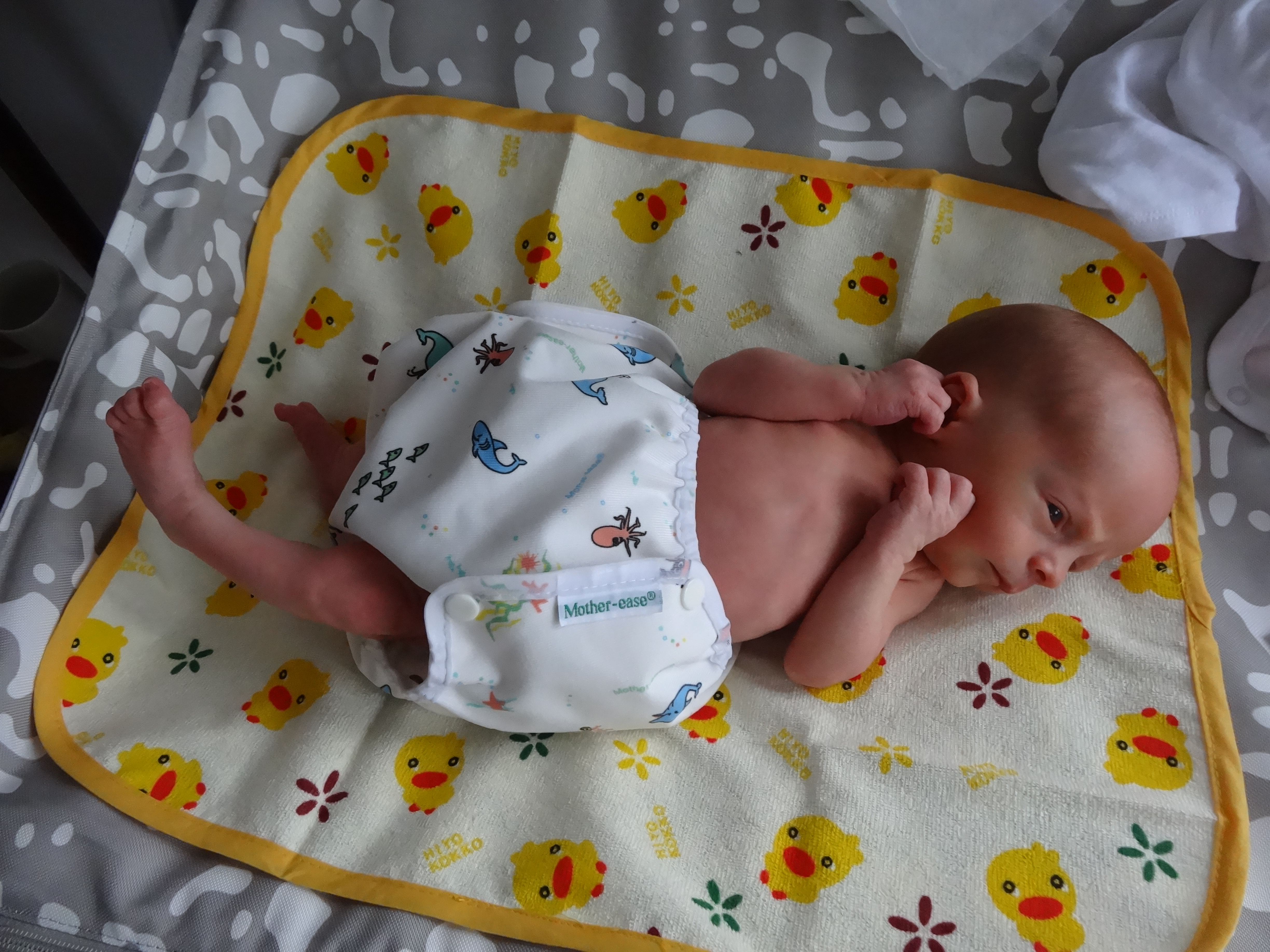
What is it about motherhood?
I have done many things in my life: travelled in hard to travel places, worked in challenging jobs, experienced love and experienced loss. But nothing, NOTHING, could have prepared me for the challenges of motherhood. I remember when I was pregnant with my twins, a more experienced friend of mine suggested that I enjoy the peace and quiet to read and maybe go to the cinema whilst I could. I was a bit perplexed by this. Babies sleep 16 hours a day, don’t they? That leaves a whole 8 hours a day for me to read and do what I like. I’d seen mothers pottering about with babies in buggies, chatting in coffee shops, wandering around parks. Really. It doesn’t look that hard.
If you are a mother, you will know how very deeply wrong I was. Whilst I must say that the highs have been wondrously high and the love and devotion I feel (mostly) is incredible, but exhaustion? I didn’t know the meaning of the word until I had kids. Frustration? Worry? Endurance? I had never touched the sides of these feelings before having my boys. How many times have I implored myself with the words “dig deeper” in my head to find those extra, previously undiscovered reserves of energy, of patience and of endurance? How much time and thought have I devoted to working out how to approach a particular issue with my children? How much sheer second by second energy has gone into that 24/7 radar which means that, yes, I may look like I’m sitting in a park with a friend and my children, but I’m also perpetually watching, listening, counting to make sure both children are in sight, helping one off a slide, stopping another from clobbering someone else’s child, negotiating toddler arguments, trying to encourage them to be nice children whilst trying to stop myself being a “helicopter parent”. And that radar also means that I am STILL some years on awake in the night just a few seconds before one of them calls out, finding that untapped reserve which means I find the patience (mostly!), when completely exhausted, to change a wet bed sheet or find a spare dummy.
Being a mother (and I use “mother” to include primary carer) is an extraordinary journey and despite having many friends who had kids before me, I had no idea about the amount of work it took. Which is why, I find myself, as a mother and a psychotherapist not only wanting to support mums myself but also questioning why motherhood seems to be so devalued in our society. Everywhere I turn, I find mums (in particular full time mums) talking about how they feel overlooked, they have nothing to say, their contributions are not valued. My wonderfully persistent sister in law just succeeded, following an ironic nine month campaign, in persuading the Australian subsidiary of her multinational company to provide paid maternity and paternity leave. It’s 2017. Really? Last month, Australian Lib Dem Senator David Leyonhjelm, reduced the roles of childcare workers to “wiping noses and stopping the kids from killing eachother”. Well, the amazing woman who takes care of my boys two days a week does so very much more than that (otherwise I wouldn’t leave them with her). But as I write this, I am struggling to put into words exactly what she does do, and exactly what I and every other mother and childcare worker does.
British psychotherapist, Naomi Stadlen, suggests in her wonderful book “What Mothers Do”, that the work of motherhood (used interchangeably with “childcare”) is so minute and so careful that there simply isn’t the vocabulary for it. Most people are used to going to a job where they work towards achievable goals, perhaps have meetings, collect information, disseminate information, and receive appraisals and reviews. All stuff that you come home and talk about, all activities that can be easily quantified. Motherhood is different. When a mother is asked what she did today, she might answer that she went to the park, met a friend for coffee. She probably won’t have words for the other stuff, the more important stuff. That stuff is the caring, the comforting, the remaining constantly attuned to her baby’s needs. Or calming a distressed toddler and remaining calm herself (or not), working out what is causing the distress, soothing, teaching, attuning, supporting. (And childcare workers (or Educators) have the additional task of navigating their way with parents too.)
And even as I write these words, this still doesn’t cover it…and still I can’t find the words to express the sheer work involved in childcare (the joy goes without saying. Mostly). I didn’t write a 12 page report which required me to meet with six people, collaborate information from four sources and read 15 journal articles. Having done both, I know that mothering and caring require so much more than that.
So, where are these words? Why are they so hard to find? Why do none of the words I’m reaching for really evoke the true nature of the work of motherhood? I think perhaps it’s because the art and skill of childcare are simply not highly valued enough by society. In a previous blog post I wrote about how society is premised on values of achievement, ego and consumerism: in such a society how can mothering, which requires quite the opposite – gentleness, patience and selflessness – find value? In fact, some suggest that motherhood is less valued today than it has been for 150 years, and coincidentally, or more likely subsequently, family life has shifted from one of local extended family networks to nuclear units. So, where does this leave mothers? Many mothers now find themselves not only feeling unvalued, but also isolated and alone, anxious and depressed.
Motherhood and childcare are surely one of the most (if not THE most) important roles in our world. Our children are the next presidents, the next scientists, the next artists, the next nice guy to help someone across the road, the next woman to support a friend and of course, the next parents. If we take care of them, the next generation will be taken care of. And taking care of our children, starts with taking care of and valuing their parents and the people who take care of them. Mothers need to be nurtured, nourished and valued. And this value needs to be recognised by governments, communities and workplaces alike. Perhaps when it does, our language will develop to express the wealth of work embodied in motherhood.


